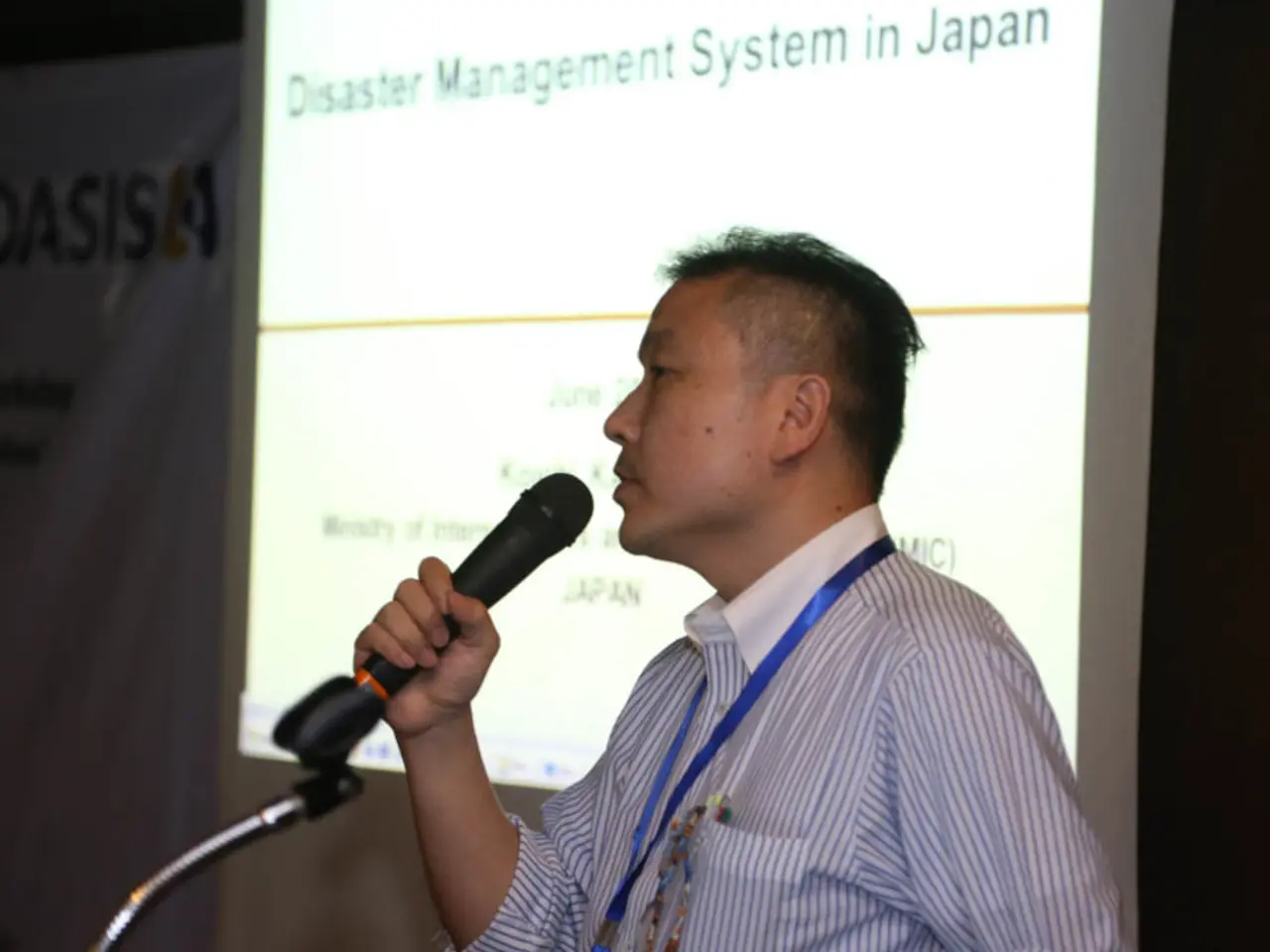Satellite communications in Taiwan are running short on time, according to the country's space chief.
Taiwan Looks to Launch Own Communication Satellites for Resilience
Taiwan, a nation that currently does not have its own communication satellites, is taking significant steps to ensure resilience in the face of potential conflicts and natural disasters. The island nation, which faces a constant threat of invasion by China, is considering cultivating its own satellite industry.
In a recent statement, Taiwan's Space Chief, Wu Jong-shinn, highlighted the importance of launching Taiwan's own satellites for Internet and phone services during a potential conflict with China. This emphasis on self-reliance stems from concerns about relying on a single company, as well as the potential risks associated with relying on foreign satellite operators.
Taiwan has already taken steps in this direction. It plans to launch the first of six Low Earth Orbit (LEO) satellites in 2027 as part of its Beyond 5G LEO Satellite program. The goal is to have more than 150 LEO satellites for 'basic communication resilience', in case subsea telecoms cables are damaged or cut.
The need for a large number of satellites in low Earth orbit for continuous coverage and long-term operation has been noted by astrophysicist and cosmologist Brad Tucker from the Australian National University.
Taiwan has already partnered with several global satellite companies to meet its communication needs. These include US company Astranis, SES of Luxembourg, Amazon's Kuiper, and Canada's Telesat. Taiwan's Chunghwa Telecom is also securing deals with satellite companies worldwide for backup telecommunications in case of war or natural disaster.
Eutelsat, a European company, has signed a multi-million dollar deal with Taiwan and is the world's second-largest operator of LEO satellites. The company was used in a Taiwan disaster for the first time in 2024, following a 7.4-magnitude earthquake that knocked out communications.
The importance of having its own satellites has become even more evident to Taiwan after observing the role of Starlink satellites during the Ukraine conflict. Elon Musk admitted to blocking a Ukrainian attack on Russian warships by turning off Internet access to the Starlink system. However, it's worth noting that Starlink satellites are de-orbited every three years and replaced with new ones.
A Taiwanese expert, Cathy Fang, believes it would be 'dangerous' for Taiwan to rely only on foreign satellite operators for phone and Internet signal during a war. This sentiment is shared by Wu Jong-shinn, who emphasizes the need for Taiwan to diversify satellite providers.
As the world watches the developments in the Taiwan Strait, Taiwan's efforts to establish its own satellite industry take on increased significance. Taiwan hopes to have 'more than 20' meteorological and optical remote sensing satellites by around 2031, in addition to its communication satellites.
In the face of potential threats, Taiwan is making strides towards ensuring its communication and satellite capabilities are not compromised. The country's journey towards self-reliance in satellite technology is a testament to its determination to protect its communications infrastructure in the face of adversity.








